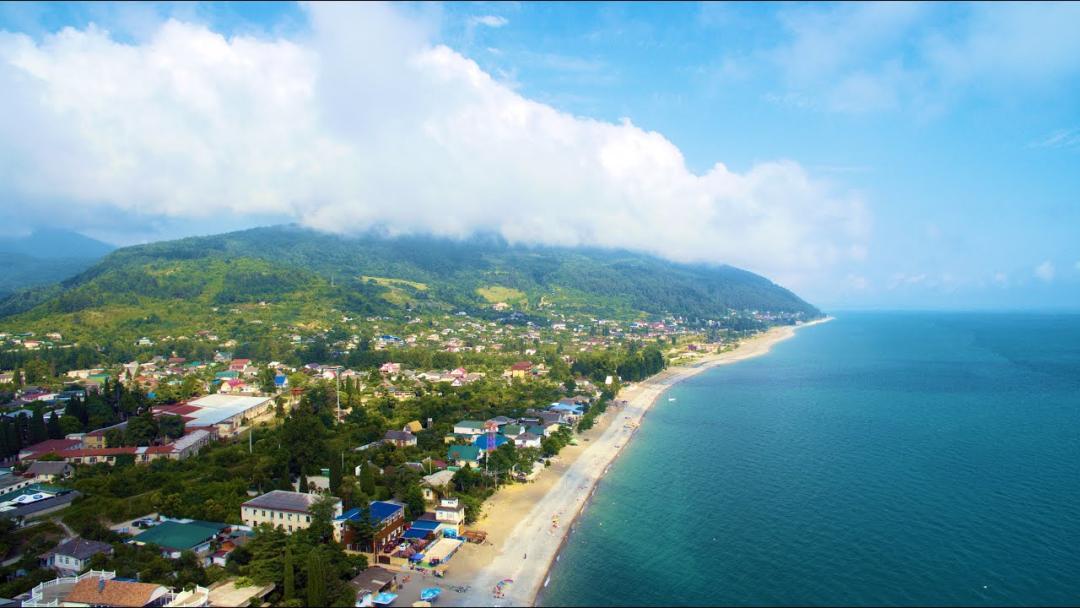
Russia Expands Presence in Abkhazia

On November 17, Aslan Bzhania, the separatist leader of Abkhazia, announced his willingness to offer Vladimir Putin the use of the Soviet-era "Pitsunda state dacha" in Bichvinta. This declaration was made during a gathering with Abkhaz students on International Students’ Day, following a student's inquiry about the contentious transfer of the Bichvinta dacha and the so-called apartment law.
Bzhania clarified that the Bichvinta case involves transferring the property's buildings and structures, not the land itself, for renovation and extensive repairs. He mentioned Putin's several visits to Bichvinta and plans for future visits, stating that Russia requested ownership of the dacha to facilitate investments for its reconstruction, as Russian law restricts capital investments in foreign properties.
Bzhania argued that converting the dacha into a modern residence for Putin would be beneficial and supported by most citizens, acknowledging the political dimensions of this decision. He also highlighted Abkhazia's special relationship with Russia, noting the prevalent Russian citizenship among students, the use of the Russian language, and reliance on Russia as the primary global connection.
He referred to the ongoing Russia-Ukraine conflict as a European-continent conflict, advocating for closer ties with Russia during these challenging times.
The transfer of Bichvinta to Russia initially decided in 1995, has been a longstanding issue. Despite the agreement for a 49-year lease signed in January 2022, ratification is pending. This issue has sparked debate in Abkhazia, leading to protests and arrests in May.
Regarding the Apartment Law, Bzhania discussed the unregulated construction of hotels in Abkhazia, stressing the need for legal guidelines. He dismissed fears about demographic imbalances due to sales to foreigners, emphasizing the lack of political rights for these property owners. He argued that Abkhazia's best investment opportunity lies in hotels, given its limited financial capacity for infrastructure development, which has primarily relied on Russian aid.
In other developments, Inal Ardzinba, the de facto Foreign Minister, announced plans to ban international NGOs that label Abkhazia as occupied territory. Additionally, cooperation is underway between Crimea and Abkhazia to revive the Soviet-era "Kometa" sea route. Ardzinba also stated that joining the Union State with Russia and Belarus aligns with Abkhazia's fundamental interests, while Sergei Shamba, a prominent Abkhazian official, expressed that Abkhazia is part of the "Russian world."
See Also


Mirzoyan Meets US Deputy Assistant Secretary Joshua Huck

Azerbaijani President Holds Talks with UAE and German Business Delegations on Economic Cooperation

Grigoryan Confirms Armenia’s Readiness to Dissolve OSCE Minsk Group Upon Peace Treaty Signing

Azerbaijani Official Warns of Ecological Risks to Caspian Sea, Similar to Lake Urmia and Aral Sea

